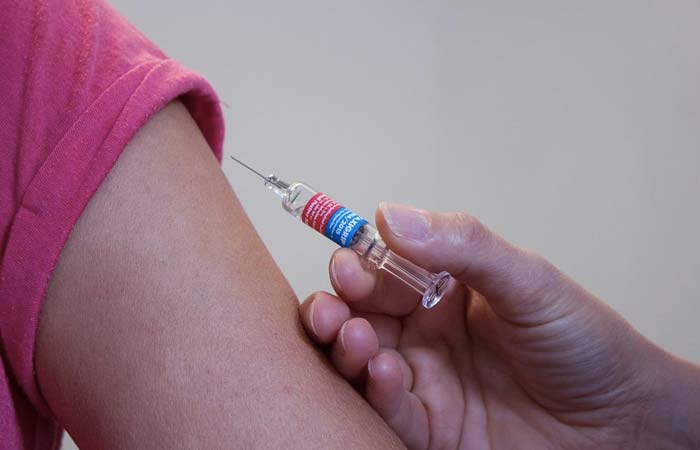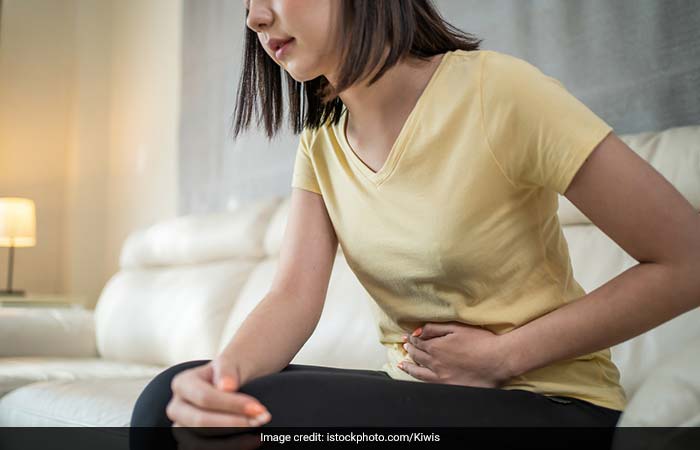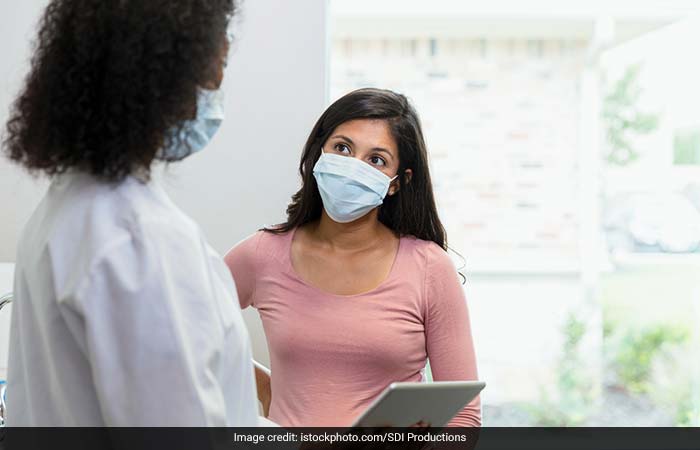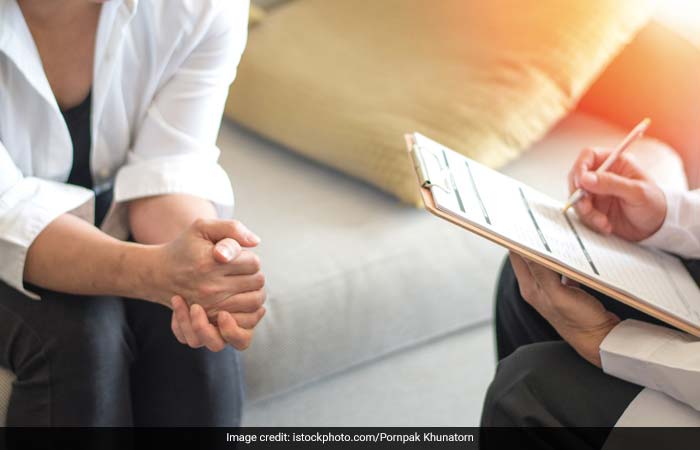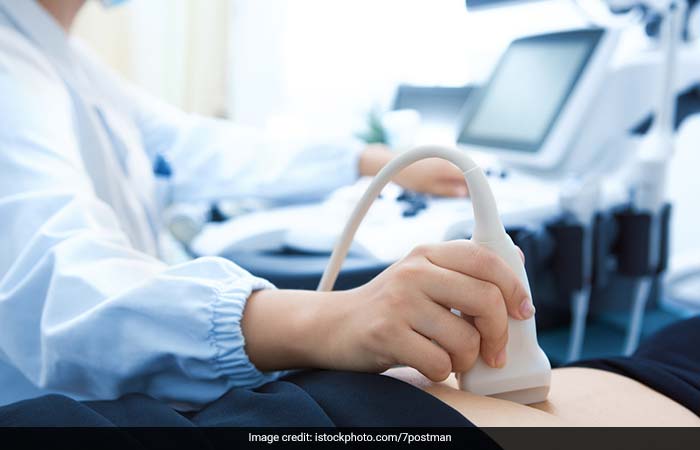Women And Self Care: When And Why Should You Start Seeing A Gynaecologist
Dr. Renu Raina Sehgal, Director and Chief of Obstetrics and Gynaecology, Artemis Hospital and Daffodils says that "gynae visit once a year should be there in the rule book". However, not many women visit a gynaecologist on a regular basis to ensure good reproductive and sexual health. Dr. Sehgal lists various stages of life when a woman should visit a gynaecologist.
-
At 9-11 years of age to get the HPV vaccination. The HPV vaccine is a Human Papillomavirus Vaccine. Human papillomavirus is the cause behind 98 per cent of cervical cancers. HPV vaccine drastically reduces the risk of getting cervical cancer. It is recommended to take the vaccine at 9-11 years of age but one can take it later also, till 40-45 years, says Dr. Sehgal.
-
As per Dr. Sehgal, some of the important tests that every woman should take include:
- Papanicolaou test (Pap smear) for pelvic examination to detect any change in the cervical cells that can lead to cervical cancer. Dr. Sehgal recommends a Pap smear once in three years and if an individual is HPV vaccinated, a Pap test can be taken every five years
- Mammograms after 40 years of age to examine human breasts
- Ultrasounds every year to detect any cyst, fibroid or any kind of abnormality in the uterus
- Basic tests to check for Thyroid, Vitamin D, Vitamin B12, Haemoglobin, and blood sugar level

